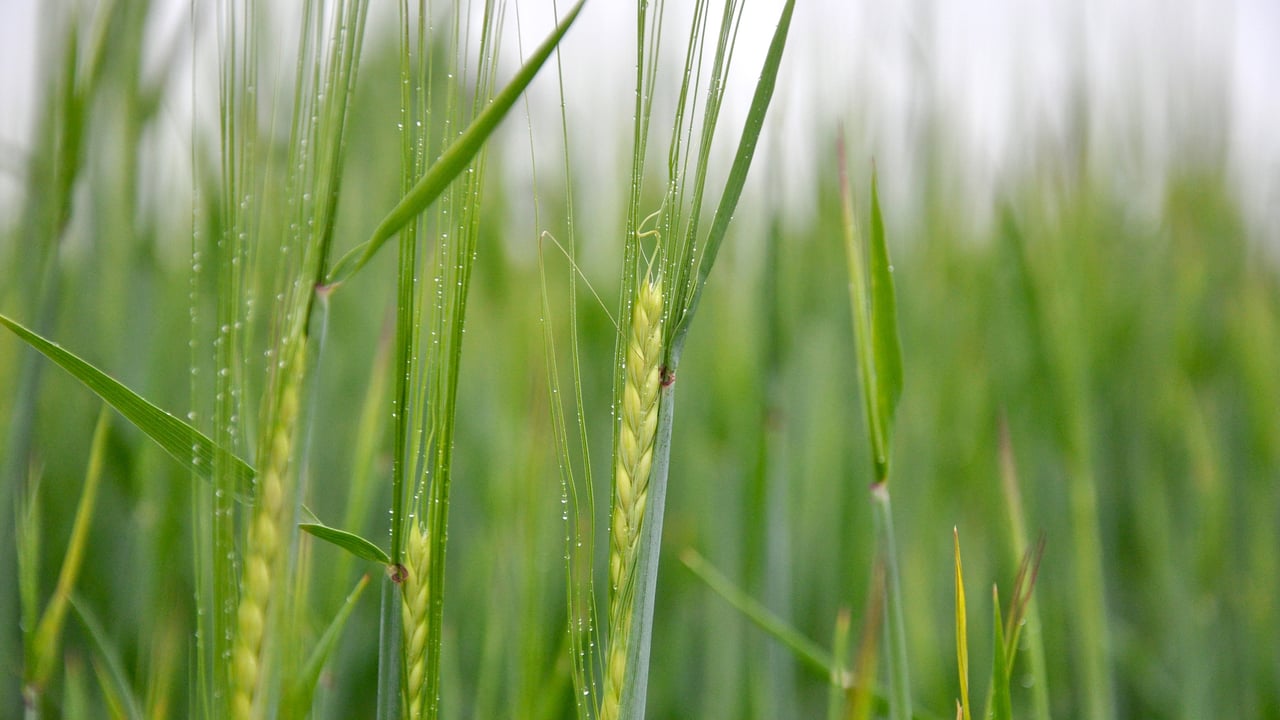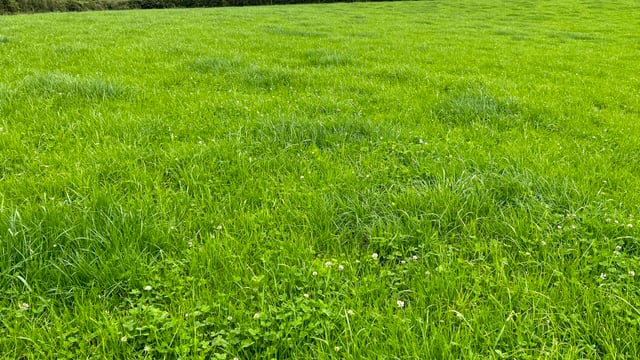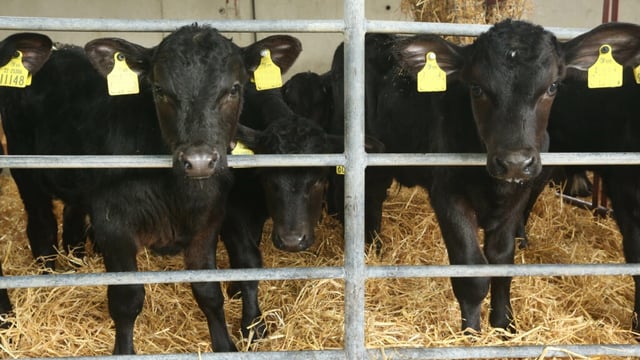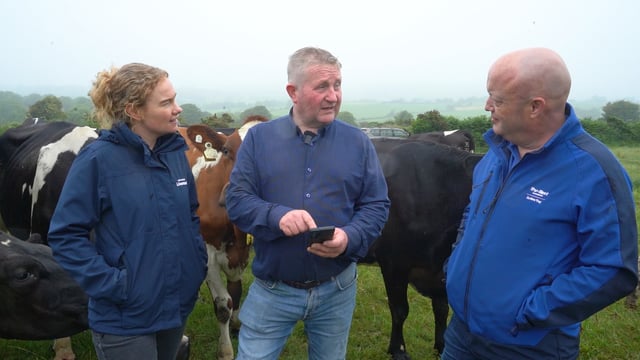Has the rain come too late for some spring barley crops?
The rain that has fallen earlier this week in the southeast will have, undoubtedly, have helped spring barley crops in the region.
Teagasc tillage specialist, Shay Phelan, spoke to Agriland about the impact of the lack of rainfall across the island recently on spring barley crops.
Phelan said: “March-sown barleys have fared quite well. But later-sown crops have been hit by the full impact of the dry weather.
“Trace element deficiencies are a real issue in most spring crops at the present time.”
Phelan advises that the future management of these crops should reflect the yield potential that now exists.
He said: “On the plus side, the dry weather has reduced the disease threat impacting on crops.
“As a consequence, many barley fields may only require one fungicide treatment this year.
“However, it is now apparent that the heavy dews of the past week or so have predisposed spring wheat and oat crops to mildew attack.”
Trace element deficiencies can be brought about in one of two ways: inherent mineral shortages in the soil; or transient deficiencies brought about by period of extreme, dry weather.
“In the case of weather-related deficiencies, crops will respond between five and seven days after rain of a substantial nature has fallen," Phelan explained.
“But the jury is out on how much of crops’ initial yield potential has been impacted by that stage.”
According to the Teagasc agronomist, reducing stress levels within cereal crops must remain a priority.
“This is especially so when applying plant growth regulators to spring wheat and oat crops at the present time.”
Potato and fodder beet crops have not been affected by the recent dry spell, to any great extent. Here, according to the agronomist, the issue is getting effective weed control measures in place.
“Contact herbicides so not work well under very dry conditions,” Phelan commented.
“However, beet crops are growing very well at the present time. They have responded to the warm, dry conditions.”
Meanwhile, Teagasc will host two on-farm potato blight events next week.
The first will take place near Goresbridge in Co Kilkenny on Wednesday, May 28.
The second event will be held the following day at a venue close to Duleek in Co Meath on Thursday, May 29. Full details of venues and timings will follow.
Teagasc agronomists remain very concerned about the growing levels of fungicide resistance within blight populations and the impact this could have on the Irish potato sector.
Confirmation of the potato acreage sown out in Ireland this year will be forthcoming over the coming week or so.





